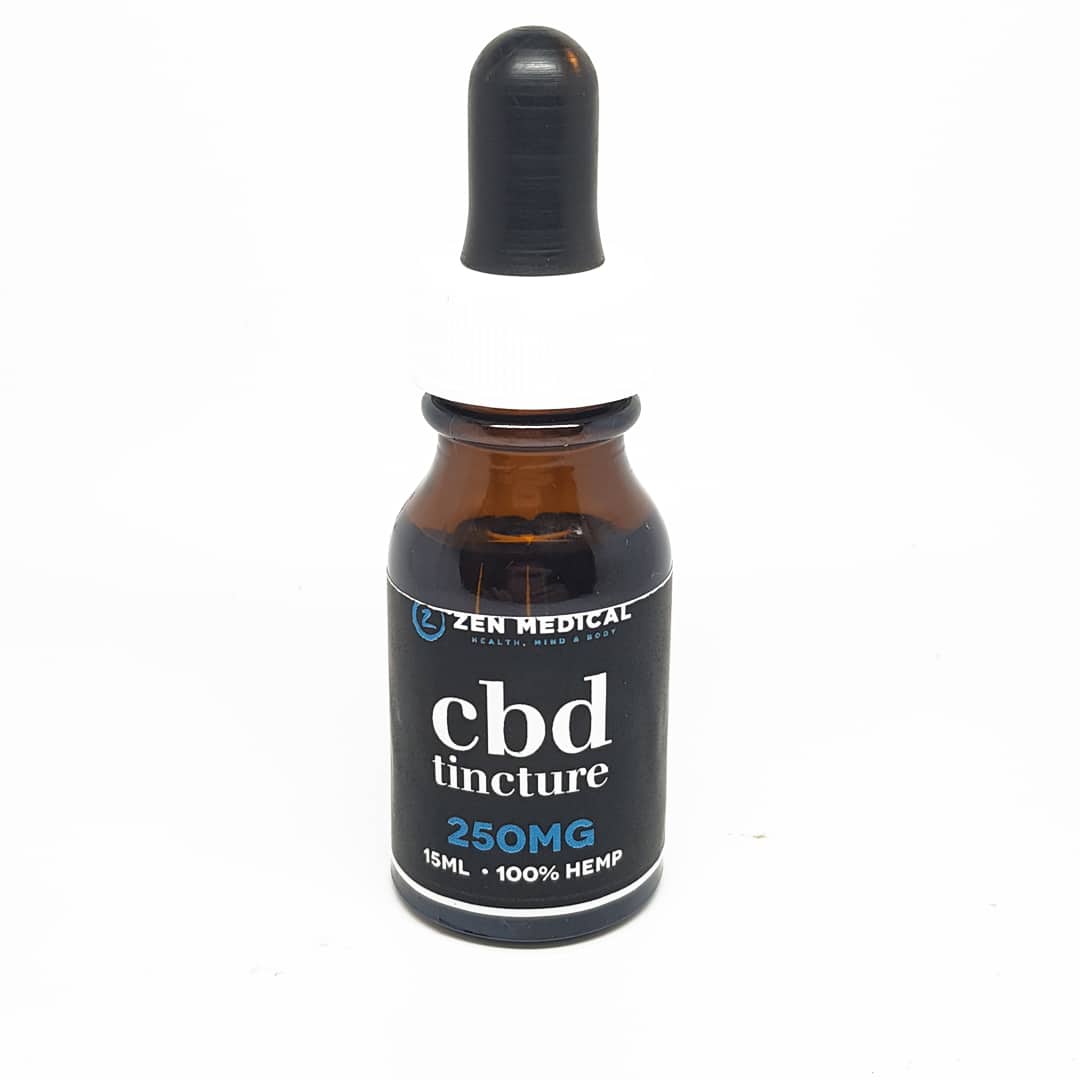Have you ever found yourself in a situation where no matter what you do the pain just won’t go away? Despite trying several traditional medicinal options and remedies, it may feel like an unending cycle of suffering. But all hope is not lost! New research has introduced some great natural solutions, one of which being CBD. This extract from hemp plants offers up immense potential to ease both physical and psychological discomforts without any hazardous side effects. Discover how this novel cure can help rid your body of persistent discomfort once and for all with CBD pain relief treatments!
What is CBD and why is it helpful for pain relief?
CBD, or cannabidiol, is a cannabinoid derived from the hemp plant. It has been studied extensively in recent years and is being used to treat a variety of ailments from anxiety and depression to inflammation and pain. CBD works differently than traditional medications for pain relief as it does not interact directly with the body’s endocannabinoid system but instead works to reduce inflammation and pain indirectly by modulating various other systems in the body. This makes it an effective treatment for chronic pain without the risk of side effects associated with many pharmaceutical drugs. Further studies are being conducted to better understand how CBD works and how it can be utilized in different contexts. At budpop.com, we offer high quality CBD products that can be used to help manage pain naturally and safely. Our products are lab tested for purity and potency so you can trust that you’re getting a quality product that will provide relief when needed. From tinctures to topical creams, our wide selection of products are sure to meet your needs no matter what type of relief you need!
How CBD Works to Reduce Pain
Cannabidiol, or CBD as it is commonly known, is a natural compound found in the cannabis plant. It has been used for centuries to treat a variety of conditions, including pain relief. Recent studies have revealed that CBD works differently than traditional medications and can be especially effective at managing chronic pain.
CBD interacts with the body’s endocannabinoid system (ECS), which helps regulate functions such as stress response, sleep pattern regulation, inflammation, and pain sensation. When CBD enters the body, it binds to CB1 and CB2 receptors located throughout the ECS. By doing this, it helps reduce inflammation and inhibit the transmission of pain signals from nerves to the brain. Additionally, CBD has been shown to reduce nerve damage caused by chronic inflammation—a common contributing factor to chronic pain.
In addition to its interactions with receptors in the ECS, CBD also has antioxidant properties that help protect cells from oxidative damage caused by free radicals. This can help reduce inflammation while simultaneously encouraging healing process within the body—an important part of reducing overall pain levels.
Finally, CBD may also help reduce anxiety and depression associated with chronic pain conditions by interacting with serotonin receptors in the brain. These two emotional conditions are often linked with physical discomfort and research suggests that CBD may be able to provide both physical and psychological relief for those affected by chronic pain disorders.
Overall, research into how CBD works to reduce pain continues to show promise when combined with other treatments or medicines prescribed by a doctor. While more research is still needed on this topic, this natural compound appears to provide an additional layer of support when managing chronic pain conditions without many of the side effects associated with traditional medications.
Benefits of Using CBD as a Pain Reliever
CBD, or cannabidiol, is quickly becoming a popular alternative to traditional pain relief medications. CBD works with the body’s endocannabinoid system to naturally reduce inflammation and relieve pain. Unlike over-the-counter or prescription pain medications, CBD does not have dangerous side effects and does not cause addiction or dependency. In fact, studies have found that CBD is effective in treating a variety of physical and mental ailments, including chronic pain due to arthritis, multiple sclerosis, fibromyalgia, migraines, and more. Additionally, research has suggested that CBD can be used to treat anxiety and depression as well as epilepsy.
When it comes to pain relief, CBD is believed to work by relieving inflammation in the body and calming the central nervous system. By reducing inflammation, CBD helps reduce swelling and discomfort associated with many types of pain. Studies have also found that CBD can help reduce nerve damage caused by certain types of injuries or chronic conditions. As an added benefit, some people find that using CBD helps them remain focused while managing a painful condition; this could prove beneficial for those dealing with intense levels of physical discomfort throughout their day-to-day lives.
In addition to its anti-inflammatory properties, CBD has been found to support the body’s natural immune response and balance hormones production which may lead to improved overall health benefits. It has also been argued that since there are no known negative side effects associated with taking CBD for extended periods of time like there are with other forms of medications; this means that individuals might be able to stay on top of their symptoms without fear of potentially dangerous adverse reactions from pharmaceuticals.
Overall, it is clear that using CBD as a form of natural pain relief can provide numerous advantages over traditional forms of medication. Not only is it safe and nonaddictive but it has been proven effective in treating various types of physical discomfort while promoting overall health through its anti-inflammatory properties and hormone balancing effects. Ultimately, individuals looking for an alternative form of natural pain relief should consider giving CBD a try as it could provide much needed relief without any serious risks or drawbacks associated with long term use.



